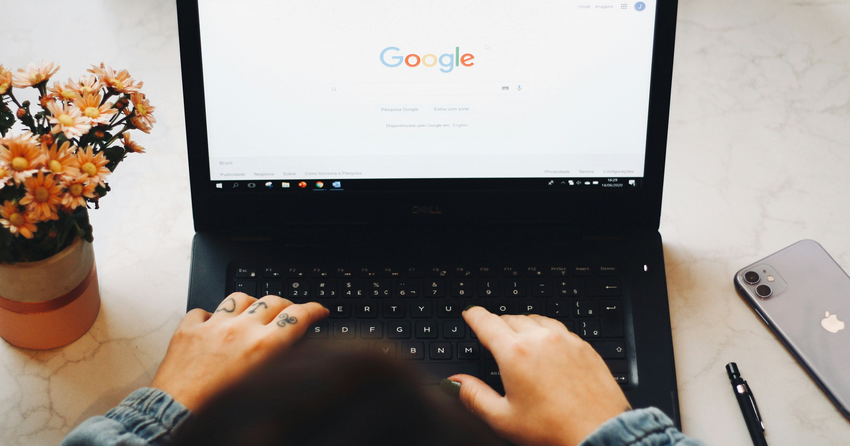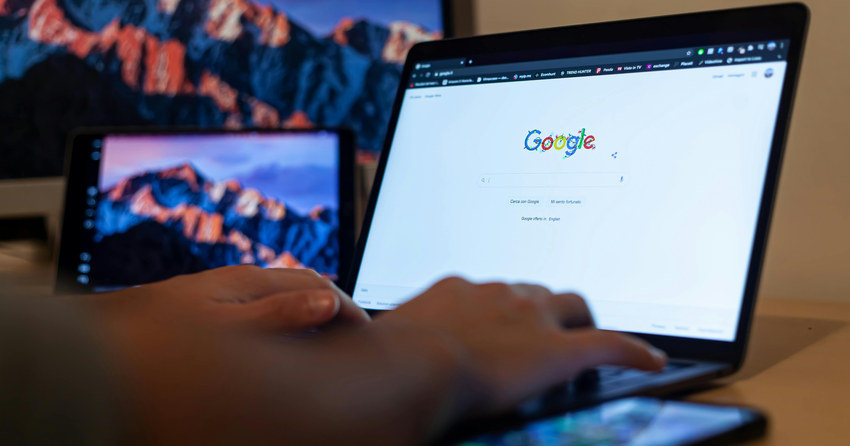OpenAI Introduces Search as Google Loses Monopoly Case
OpenAI has announced the release of a prototype AI-powered search engine. It is currently only available to a limited number of users for testing and feedback.
The prototype, called SearchGPT, aims to simplify how users search the web, providing conversational capabilities and up-to-date information from relevant sources. Users can refine their search using the chat experience, where the context of their search will be stored.
OpenAI has said this is a temporary prototype, so plans for a global rollout remain undefined, but that “we plan to integrate the best of these features directly into ChatGPT in the future.”
“Search has been a foundational way for publishers and creators to reach users.” As such, OpenAI has and will continue to partner with publishers in designing its search experience, ensuring that “responses have clear, in-line, named attribution and links so users know where information is coming from.”
Nicholas Thompson, CEO of The Atlantic, says “AI search is going to become one of the key ways that people navigate the internet, and it’s crucial, in these early days, that the technology is built in a way that values, respects, and protects journalism and publishers.”
In the announcement, OpenAI clarified that the search capabilities are separate from the work it is doing to build and train its generative AI foundation models. Sites that have opted out of generative AI training can still be found in the search results, just like with other search engines.
While providing no specific timeline, OpenAI says it will continue to improve the prototype experience with localized information and gather feedback from users and publishers before pushing relevant capabilities to ChatGPT. No information was provided on whether search capabilities will be made available via the OpenAI APIs.
OpenAI’s expansion into search comes as Google, long the dominant search engine, faces headwinds. Less than two weeks after the announcement of SearchGPT, a federal judge ruled that Google maintained an illegal monopoly over search.
The consequences of the ruling – for Google and competitors such as SearchGPT – remain unclear. A separate legal process will follow to determine the penalties, and the consequences could range from minor fixes to a breakup of Alphabet. Additionally, appeals by Google could take years.












